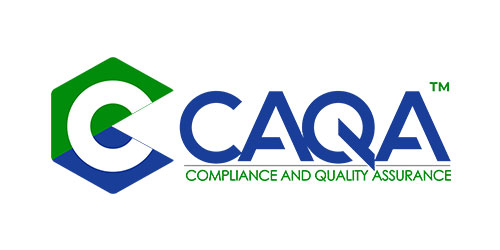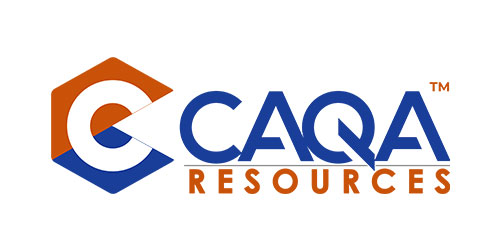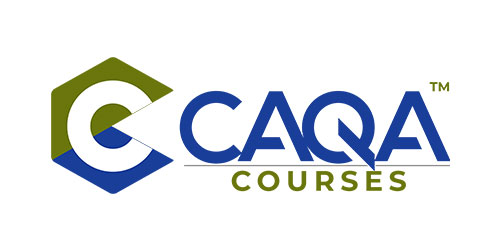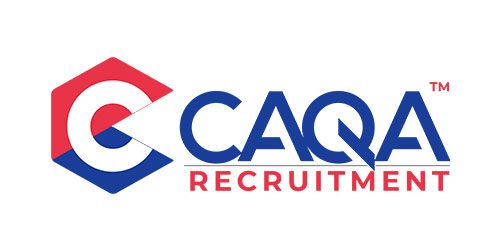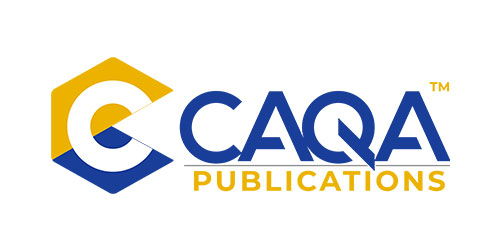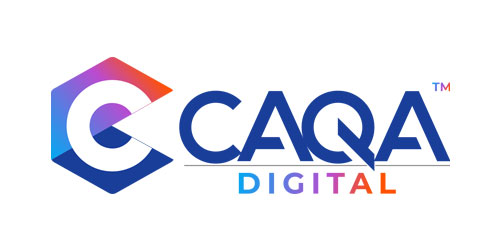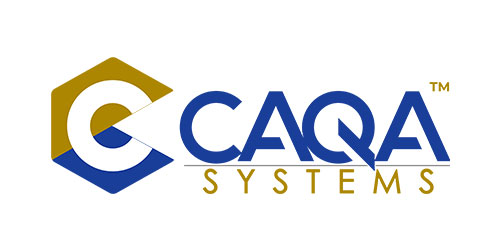We offer both independent assessment validations services and Independent assessment moderation services to TAFE, community colleges, enterprise RTOs and private RTOs.
Independent assessment validation will save you a lot of time, and allow you to access expert Industry consultants, resource validators and subject matter experts.
As per ASQA’s Standards for RTOs 2015, your RTO’s validation plan must ensure:
You may need to validate certain training products more often where specific risks have been identified, for example, if your RTO’s industry consultation identifies areas of particular risk. ASQA may from time to time determine specific training products that must have particular attention paid to them and this advice would be published to www.asqa.gov.au..
Did you know?
of RTOs audited by ASQA were non-compliant against Standard 1
of RTOs audited by ASQA were non-compliant against Standard 1
of RTOs audited by ASQA were found non-compliant against having qualified and competent trainers and assessors
complaints has been received by ASQA about RTOs’ assessment practice
ASQA reported the following in their 2015 – 2016 annual report :
“compliance with standards 1 Responsive to Industry and learners needs and 2 Quality assurance is noticeably lower than that for the other six standards. This is an area of concern for ASQA as these two standards relate to meeting the needs of industry and learners and ensuring the quality of training and assessment”

Source – ASQA Annual Report 2015-16, Page 55, Figure 8 Levels of compliance by standard, 1 July 2015 – 30 June 2016
https://www.asqa.gov.au/sites/g/files/net2166/f/ASQA_Annual_Report_2015-16.pdf
| Validation | Moderation | |
|---|---|---|
| Assessment Quality/ Management Type | A quality review/continuous improvement process involving: | A quality control process involving: |
| Explanation: | Checking that the assessment tools, methods, judgement, evidence and processes to ensure that the training product meet:
Typical benchmarks used during the validation process include:
|
The process of bringing assessment judgements and standards into alignment.
It is a process that ensures the same standards are applied to all assessment results within the same Unit(s) of Competency. It is an active process in the sense that adjustments to assessor judgements are made to overcome differences in the difficulty of the tool and/or the severity of judgements. Aims to ensure assessors have a common understanding of the unit requirements |
| Outcome: | Outcome may include making recommendations for improvements to the assessment tool / assessment processes/ assessment methods or assessment products. | Outcome may include making adjustments to assessor judgements |
| Timing/Occurrence: | Validation can occur before, during or after an assessment is conducted. Validation can be pre-assessment validation or post-assessment validation. Validation is ongoing. | Moderation is generally conducted before the finalisation of student results as it ensures the same decisions are applied to all assessment results within the same unit of competency. |
| Primary purpose | Continuous improvement | Bring judgements and standards into alignment |
| Statistically valid sample | Validation includes reviewing a statistically valid sample of the assessments and making recommendations for future improvements to the assessment tool, process and/or outcomes and acting upon such recommendations.
A statistically valid sample is one that is taken randomly from the set of assessment judgements being considered and that is sufficiently large that the outcomes of validation of the sample can be applied to the entire set of judgements. There are a number of online tools you can use to generate the size of your sample, one of which is located at www.raosoft.com/samplesize.html. You can find others by searching the Internet for ’statistically valid sample size’. |
The requirement in the Standards to undertake validation of assessment judgements does not prohibit your RTO from undertaking moderation activities, or any other process aimed at increasing the quality of assessment. (Ref: ASQA FAQ) |
Ref: Adapted from “A Code of Professional Practice for Validation and Moderation”, 2009, NQC, “Implementation Guide – Validation and Moderation”; NQC; 2009; p.8 and ASQA FAQs 2017
Issues that may negatively affect your audit:
It is vital that RTOs undertake their validation and moderation process as it is a crucial part of meeting learner’s needs and quality assurance requirements of Standard 1 and 2 of the Standards for RTOs 2015.
In meeting student’s needs and the quality assurance, RTOs are to bound by Clauses 1.9 – 1.11 of the Standards for RTOs 2015:
Clause 1.9 (Validation)
‘RTO implements a plan for ongoing systematic validation of assessment practices and judgements that includes for each training product on the RTO’s scope of registrations
- when assessment validation will occur;
- which training products will be the focus of the validation;
- who will lead and participate in validation activities;
- how the outcomes of these activities will be documented and acted upon.’
Validation is a quality assurance process.
Moderation is a quality control process where assessors “moderate” their assessment decisions and come to an agreed position about competence of a candidate.
The outcome of Validation is improvement recommendations future improvements.
The outcome of moderation may be adjustments to the assessor’s decision.
Clause 1.10 requires:
Clause 1.11 requires:
Validation is undertaken by one or more persons who are not directly involved in the delivery and assessment of the training product being validated,
who collectively have:
Why you need us to conduct independent validation?
We provide this service to RTO’s, TAFE’s and other educational institutions. In some cases, we have found that the validations process is non-compliant. Our experience has shown that RTOs do not comply because they do not address all requirements of the packaging rules, do not gather sufficient valid evidence for competency assessment, they do not have complaint learning and assessment resources and lack authentic assessment, particularly in distance and online delivery.
Important information if you deliver any AQF qualification or assessor skill set from the Training and Education Training Package:
From 1 January 2016, to deliver any AQF qualification or assessor skill set from the Training and Education Training Package (or its successor), your RTO must have undergone an independent validation of its assessment system, tools, processes and outcomes in accordance with the requirements contained in Schedule 2 (and the definitions of independent validation and validation).
What we will provide / do for you
We will:
If you would like us to administer and manage the process for you, we will:
*Only available in some industries where we have access to qualified and experienced trainers/assessors in the relevant industry.
 1800 961 980
1800 961 980 info@careercalling.com.au
info@careercalling.com.au